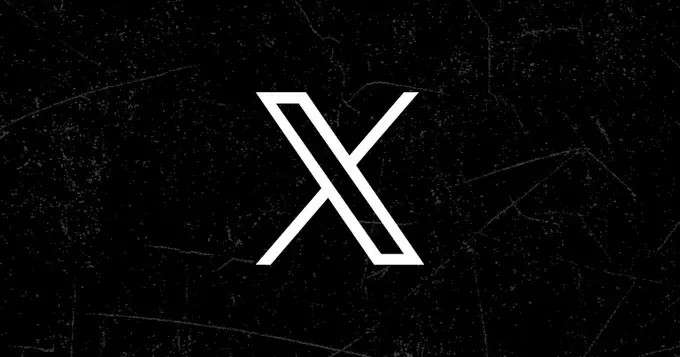As the landscape of digital communication evolves, so too does the relationship between social media giants and regulatory bodies. Recently, discussions surrounding Elon Musk’s platform, X—formerly known as Twitter—have surged due to the European Union’s impending $1 billion fine for regulatory non-compliance under the Digital Services Act (DSA). This significant financial penalty not only underscores the EU’s push for rigorous oversight of online content but also sets the stage for potential geopolitical tensions between the U.S. and Europe. With this looming confrontation, we must consider how corporate accountability meets the realm of free expression.
During a preliminary investigation into X’s content moderation practices launched in 2023, EU officials uncovered troubling patterns linked to the amplification of misleading content. The nature of this fine is multifaceted; it speaks to a broader narrative of the struggles that come with governing the digital realm. The EU’s decision to escalate actions against Musk’s platform evokes a critical question: Are these regulatory bodies overstepping their bounds, or are they fulfilling their duty to ensure a safe online environment?
The Stakes of Compliance and the Concept of Free Speech
The impending penalty isn’t just about a hefty fine; it encapsulates the complex interplay between the need for platform accountability and the principles of free speech. The new leadership within the U.S. Federal Communications Commission (FCC)—with its openly critical stance on the DSA and its perceived opposition to restrictions on U.S. businesses—adds another layer of complexity. Their assertions that such legislation contradicts America’s foundational principles are emblematic of a larger ideological clash that’s brewing between the EU and the U.S. This ideological division raises important discussions about how marketplaces, especially digital ones, are governed.
Musk himself has made headlines for navigating a labyrinth of regulatory concerns while keeping a firm grip on his ideological motivations for free speech. This open dialogue about censorship and moderation is crucial, but it also reveals a critical vulnerability in Musk’s empire. X is currently struggling financially, with its ad revenue nowhere near the heights it once attained. With financial instability hanging above the platform’s future, a legal battle against the EU could exacerbate the costs involved, presenting Musk with a conundrum: fight back against a regulatory titan while staying afloat.
The Broader Implications of the EU’s Actions
Enforcement of the DSA against X could send ripples through the tech world, especially as it comes at a time when social media’s role in shaping public discourse faces intense scrutiny. Other social media giants like Meta and TikTok have already been subject to various compliance measures, but the significant magnitude of X’s potential penalty positions it uniquely within this conversation. If EU regulators are willing to impose such severe penalties, it could serve as a warning shot to other platforms: compliance is not optional.
Moreover, the battle between Musk and the EU raises questions about the true nature of influence and power in global business. With Musk’s close associations with political figures like former President Donald Trump, one can only speculate how this relationship may provide support in some way to counter EU regulations. Trump’s administration has been known for a heavy-handed approach toward international trade and regulatory compliance, suggesting that Musk may have some leverage if political ties are adequately invoked.
The Future Of Digital Governance
The situation encapsulates a broader struggle facing the digital industry. It is a vivid illustration of the balancing act that platforms must navigate between maintaining user freedoms and adhering to government regulations. The stakes are higher than just penalties—they speak to the sustainability of digital businesses as they are increasingly questioned by both sides of the Atlantic.
Musk’s X, an entity founded on the principle of free speech, is now at a crossroads where its operational model is being re-evaluated not just by users but by regulators who are fed up with misinformation proliferating on social platforms. As the EU prepares to enforce its penalties, the reverberations of this decision will undoubtedly affect how digital governance unfolds not only within Europe but across the globe, illuminating the complex web of responsibilities that come with wielding influence in an increasingly interconnected world.


Leave a Reply
You must be logged in to post a comment.